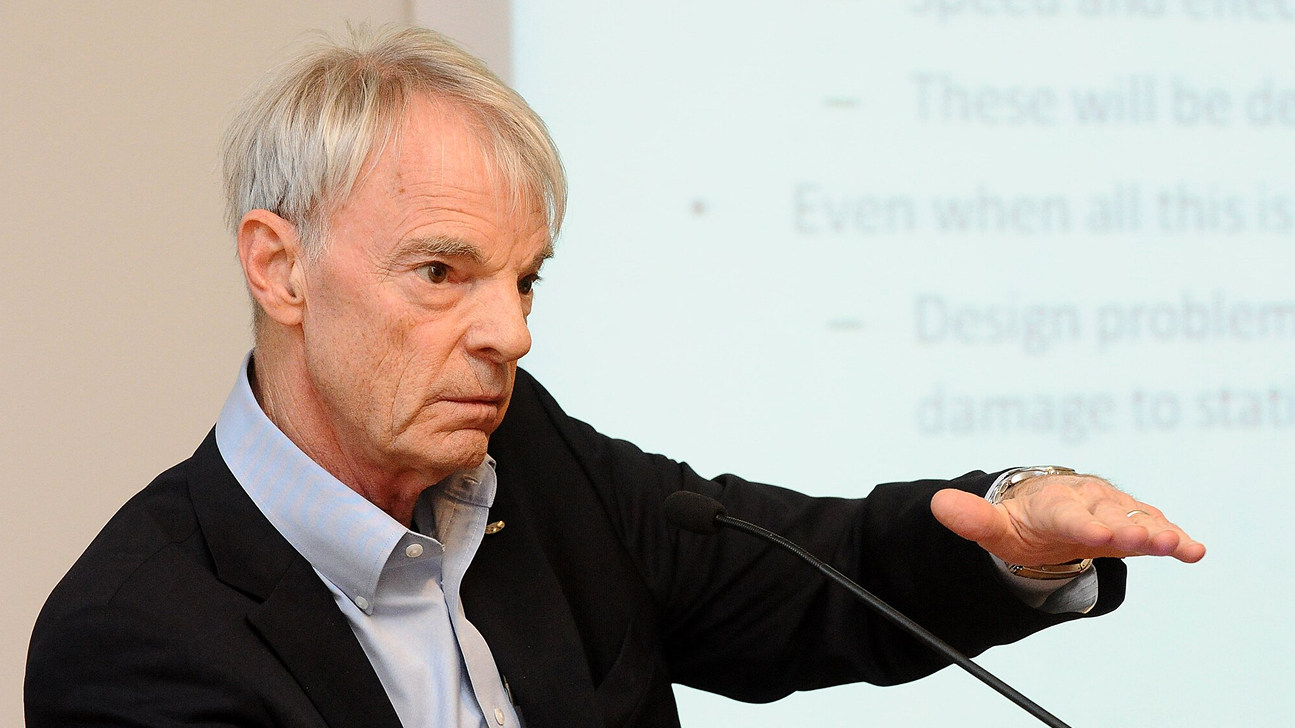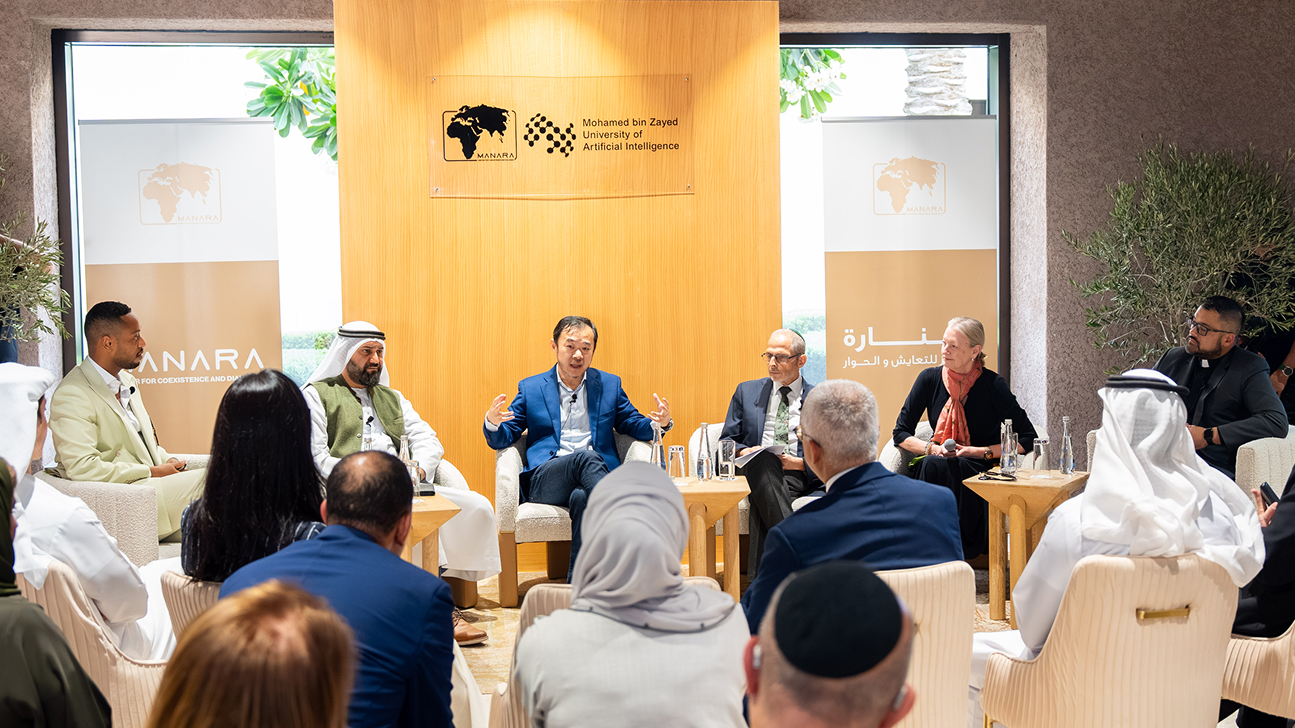Advances in Operational Artificial Intelligence and Impact on Society
Tuesday, October 19, 2021
MBZUAI Professor and Provost, Dr. Fakhri Karray, gave an engaging talks where he presented an overview on the origins and the major advances accomplished lately in the field of AI and specifically operational artificial intelligence. As demonstrated by the significant accomplishments made in this field, experts are heralding a new technological era that may well correspond to the dawn of the fourth industrial revolution (4IR).
It is expected that AI will grow the world ‘s GDP by 15% by 2025. This amounts to more than 15 trillion dollars per year of growth. We are indeed on the cusp of revolutionary technological developments fuelled by advances made in the field of machine learning and artificial intelligence. These developments have impacted other technological innovations made in the field of Internet of Things, self-driving machines, virtual assistants, human machine intelligent interface, natural language and speech understanding, cognitive robotics, virtual care systems, eHealth and Fintech, to name a few.
Although AI constitutes an umbrella of several interrelated technologies, all of which are aimed at imitating to a certain degree intelligent human behavior or decision making, deep learning algorithms are considered to be the driving force behind the explosive growth of AI and their applications in almost every scientific and technological sector: disease diagnosis, remote health care monitoring, financial market prediction, self-driving vehicles, social robots with cognitive skills, intelligent manufacturing, surveillance, cybersecurity, intelligent transportation systems, to name a few. The talk highlights the milestones that led to the current growth in AI, discusses some of the major achievements in the field of operational AI, future directions and enumerates challenges in making the operational AI useful to humanity and safe for society.
Speaker/s
Before joining MBZUAI as Provost and Professor of Machine Learning, Karray served as the founding co-director of the University of Waterloo AI Institute. He has held the Loblaws Research Chair in Artificial Intelligence in the department of electrical and computer engineering at the University of Waterloo, Canada. Fakhri’s research interests are in the areas of operational AI, cognitive machines, natural human-machine interaction, autonomous and intelligent systems. Applications of his research include virtual care systems, cognitive and self-aware machines/robots/vehicles, predictive analytics in supply chain management and intelligent transportation systems. Recent work of Karry and his research team on deep learning-based driver behavior recognition and prediction has been featured in The Washington Post, Wired Magazine, Globe and Mail, CBC radio and Canada's Discovery Channel. He was recently honored by the IEEE Vehicular Technology Society (VTS) for his novel work on improving traffic flow prediction using weather Information in connected cars through deep learning and tools of AI and received the society’s 2021 Best Land Transportation Paper Award.
- AI Talks ,
Related
Nobel Laureate Michael Spence on how AI is redefining the global economy
Nobel Prize-winning economist Michael Spence explains how AI is reshaping the economic landscape and what is needed.....
- digital policy ,
- governance ,
- Nobel Prize ,
- guest talk ,
- guest lecture ,
- economics ,
- Economy ,
- Undergraduate ,
Understanding faith in the age of AI
MBZUAI hosted a panel discussion in collaboration with the Manara Center for Coexistence and Dialogue focused on.....
- connection ,
- discussion ,
- religion ,
- spirituality ,
- faith ,
- conversation ,
- panel ,
- Human–computer interaction ,

